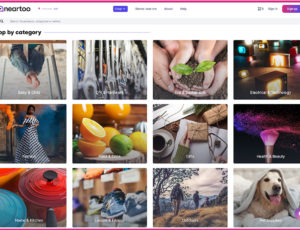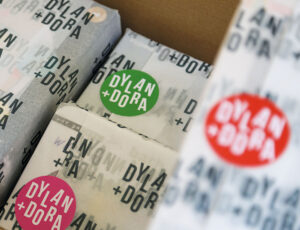
Experts at Absolute Translations discuss how to effectively set a website up for global success and sell overseas.
Businesses have suffered tremendously during this pandemic; many have collapsed whilst others have managed to stay afloat, but they are now in desperate need of strategies to survive. Many have also shifted their focus to expand globally.
Having a functional website with quick load times and easy navigation is vital. However, the most important factor is that it’s accessible from anywhere in the world. This simple aspect means you can promote and sell overseas, but to truly succeed in international sales, a wider strategy needs to be implemented.
Your business needs to be relevant to people all around the world and your website needs to be relevant for your target audience and the territory they are located in. The key to globalising is localising. Here are Absolute Translations’ 5 tips to effectively set your website up for global success.
1. Local SEO
Selling overseas means you should consider local search engine optimisation (SEO). Research and identify which search engines your overseas target market uses and the terms they frequently search for surrounding your industry. Most often, people do not search for the direct translation of the terms used by your English market. Search engines always crawl to produce results that best fit the user. It is vital to analyse how international search engines produce their results and ensure your copy is optimised for differing search terms, such as ‘color or colour’. This will help you rank higher than your competitors and reach your new international audience.
2. Translate
This might seem obvious, but some businesses assume their English website will work globally. According to HBR, 72.4% of consumers would be more likely to buy a product with information in their native language. Once you have decided on the content to apply to your international sites, you can begin to translate. Some of the fastest-growing languages for business translations from English include Korean, Hebrew and Chinese, the wider audiences provide businesses with a large online presence overseas.
3. Domain extension
When shopping online, especially internationally, trust plays an important role. Websites that hold a .com domain are seen as trustworthy and reliable all around the world and it could be the difference to strengthen your international ecommerce strategy. The more you can do to show that your company is legitimate, the better. You should also factor in loading times, tools such as this gauge the loading speed of your website around the world. Be wise and choose your hosting company carefully.
4. Social media
Translating your website is one step. However, you also need to consider your other digital channels to ensure all content is consistent and relevant to overseas audiences. Some companies chose to create individual social media accounts for each territory you operate in. This allows a direct and personalised approach to each market. Pre-recorded campaigns can be adapted by adding subtitles or voice-overs, this will engage your new audience into a trusted relationship with your business. The use of different networks varies significantly from country to country. In some countries, YouTube is blocked and in others, Twitter might be the most popular platform. Research will ensure that you’re placing your time and budget in the most relevant social media networks.
5. Templates
A good tip is to avoid text embedded as a graphic. Web font services such a Google font replacement offer a simple way for businesses to use a range of fonts without embedding text as a graphic. Translating your website into other languages may leave the pages and boxes looking longer or shorter depending on the language used. The template of your website needs to be flexible enough so it looks presentable, regardless of the language.












